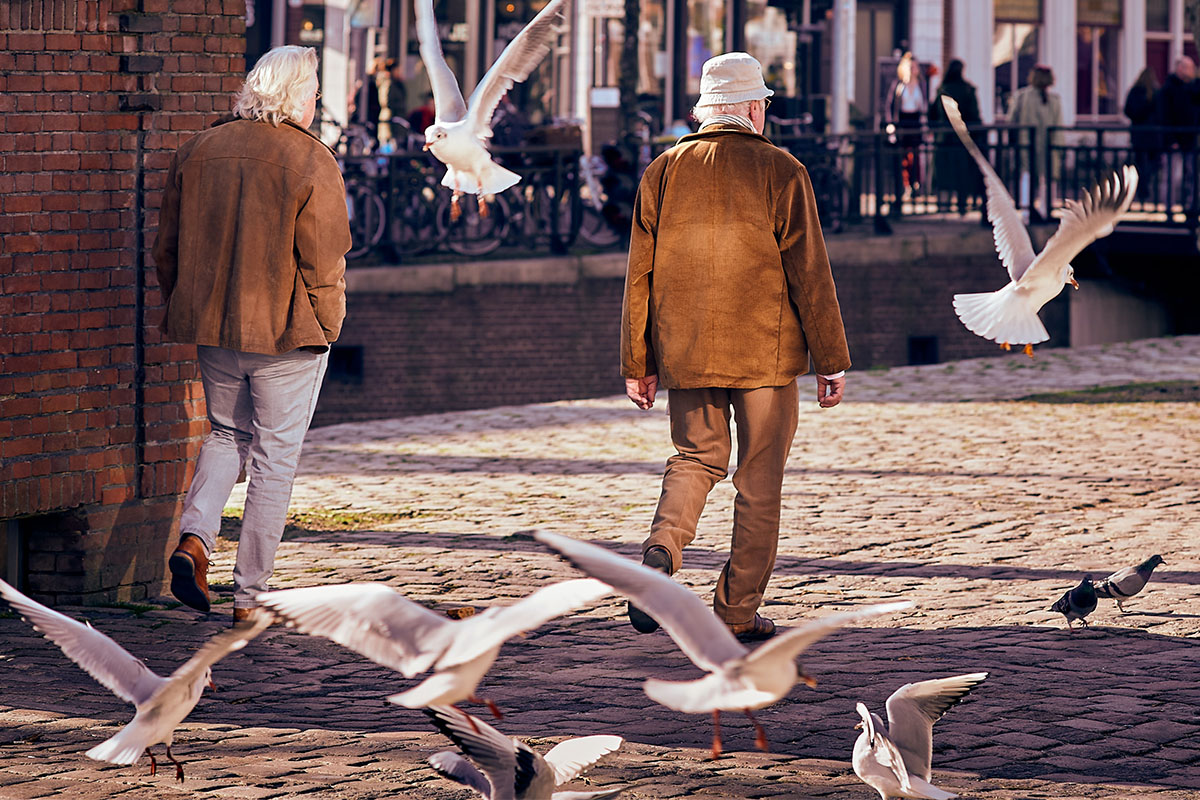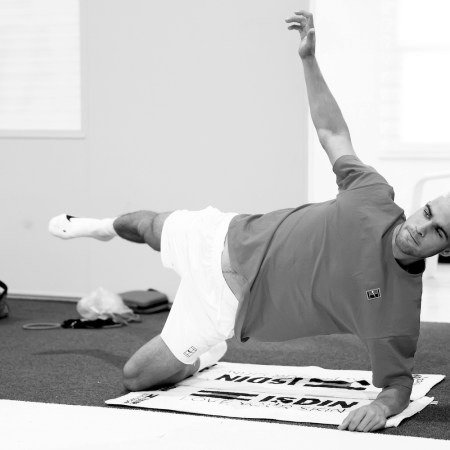There’s a movie that came out seven years ago called The Intern, in which Robert De Niro plays Ben Whittaker, a 70-year-old widower looking to get back out into the world. He secures a “senior intern” position at Jules Ostin’s (Anne Hathaway) Brooklyn-based, e-commerce fashion startup, a company that’s about as far out of his wheelhouse as possible. (Whittaker previously worked for a since-shuttered company that printed yellow pages.)
It’s a goofy movie, a plane movie, with a low-stakes plot and favorable reviews. But it’s also a fantastic blueprint for the benefits of treating our oldest neighbors like valued, functional members of society. Ostin is initially skeptical of her company’s senior intern program — how could a septuagenarian possibly understand her vision, let alone how to use Slack? — but throughout the film, she comes to respect and revere Whittaker’s professionalism, initiative and penchant for charming the boots off of his colleagues.
According to research, as outlined in an article from The New York Times, ageism, negative age stereotypes and negative self-perceptions of aging have a direct impact on expected lifespan. Most find it difficult to take age bias too seriously; we equate it with harmless teasing, or, from a professional perspective, consider it a logical factor when deciding which candidate to hire.
But “positive beliefs about aging,” as the Times put it, can tack up to seven years on one’s life, as expressed in a landmark study 20 years ago. How is that possible? Well, when seniors feel useless and lost — sentiments that are too often exacerbated by the societal superstructure — they accept their fate. They withdraw, do less and power down their lives well before their time is near. Their physical and cognitive health decline in kind. Less involvement means less movement, which means a weaker body and weaker neural pathways.
Little wonder that scientists have long linked age discrimination with a heightened risk of cardiovascular events, poor motor function and dementia. Weakened memory and hearing, plus mental illnesses like anxiety and depression are also prevalent amongst those who perceive (or have been taught to perceive) their age as something to be lamented, not celebrated.
Stemming the tide of ageism needs to occur on familial, medical and cultural planes. If you have older relatives, find ways to encourage them, not coddle them. Within hospitals and nursing homes, doctors and attendees should keep older patients informed on their conditions — not treat them like lost causes. And across the board, it’s time for us to look to places like Okinawa, Sardinia and Icaria, where centenarians are treated like heroes, not burdens.
One of the most delightful aspects of The Intern is that Whittaker doesn’t just get good at his job, he actually gets involved in all sorts of other initiatives around the community. He takes up tai chi in the park, starts cooking and even starts going on dates again. As each generation extends the average life expectancy, our expectation for those years should elevate as well. Let’s make sure ageism doesn’t stand in the way.
The Charge will help you move better, think clearer and stay in the game longer. Subscribe to our wellness newsletter today.


















